Women to the front
King Marie
breaking barriers,
challenging norms
In the buzz of New York’s nightlife scene, a name that resonates with defiance, talent, and empowerment is first-generation Filipinx-American, multihyphenate creative, King Marie. Choosing “King” over “Queen,” she sets the stage for her journey, not just as a DJ but as a female icon challenging the gender norms deeply rooted in the music industry. Her story is one of breaking barriers, championing diversity, and inspiring the next generation of women to turn the tables—literally and metaphorically. We sat down with King to talk about her journey so far.
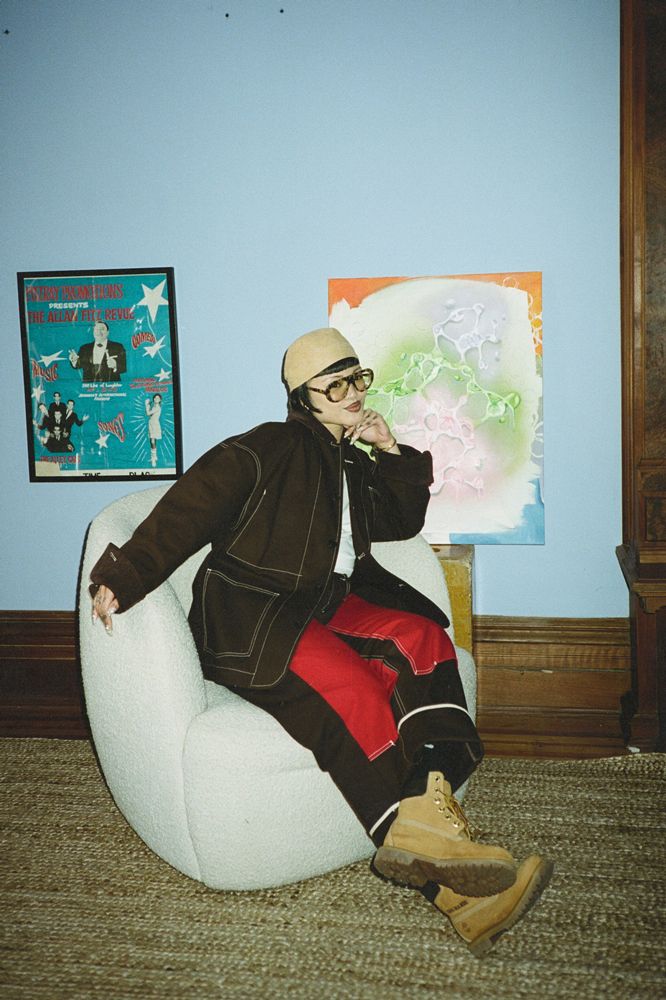

King Marie’s musical journey began with her family, who played a significant role in nurturing her love of performing. Her mother was a cover band singer, and both her brothers were DJs.
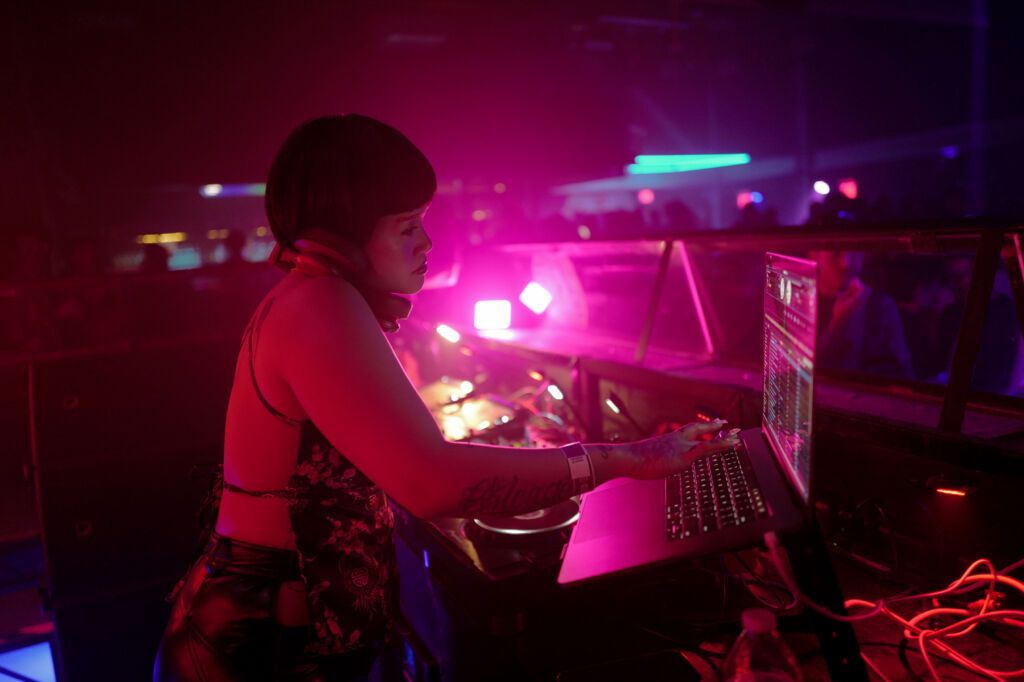
Q: How did you get into music?
A: I didn’t have the intention of becoming a DJ. I think it kind of just fell into it. I wanted to be a singer and performer like my mom, and I feel like DJing has been the catalyst. It’s been the vehicle for me to touch on all of the things that I’ve wanted to do.
The music industry, with its glaring spotlight and shadowed corners, has long been a battleground for women fighting to be heard and respected. Navigating a domain where men have traditionally held the decks, King Marie’s ascent was fueled by talent and an unwavering demand for respect. Her approach? Let the talent speak for itself.

Q: Why King Marie and not Queen Marie?
A: I already am a queen. So why wouldn’t I take the king title too? And who’s to say that a king’s name is only supposed to be for a man? It was more like, I could be a king too. I’m a king, too. Who’s gonna tell me no? I’ve never heard anyone be like, “Yeah the male DJ…” But when it’s about women, it had to have ‘female’ to be descriptive. It also kind of pulls this idea of how I needed people to treat me. I’m saying I just wanted to be respected. I felt like if I was gonna live up to this name, I needed to have all of the things aligned with that.
“I already am a queen so why wouldn’t I take the king title too? Who’s to say that a king’s name is only supposed to be for a man?”
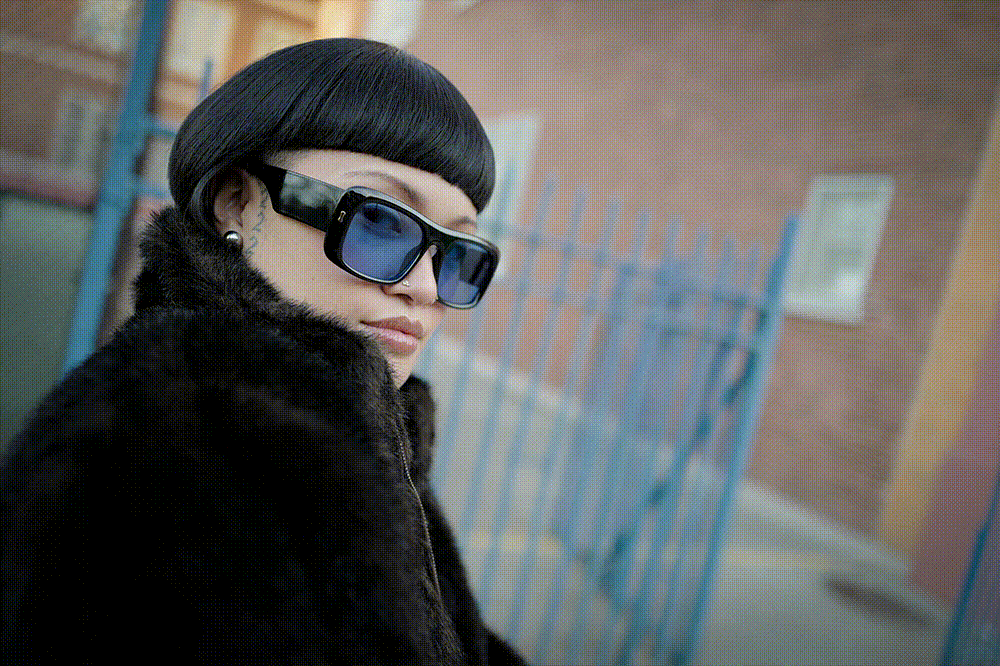
Q: Who do you DJ for?
A: I play for women. If I play for women, women will dance and men will have a reason to dance with them. I still don’t know if every DJ’s intention is to make people dance, but for me, it was the way that I was raised. There are only three things you need to know: How to mix, how to carry a party, and how to make people dance.
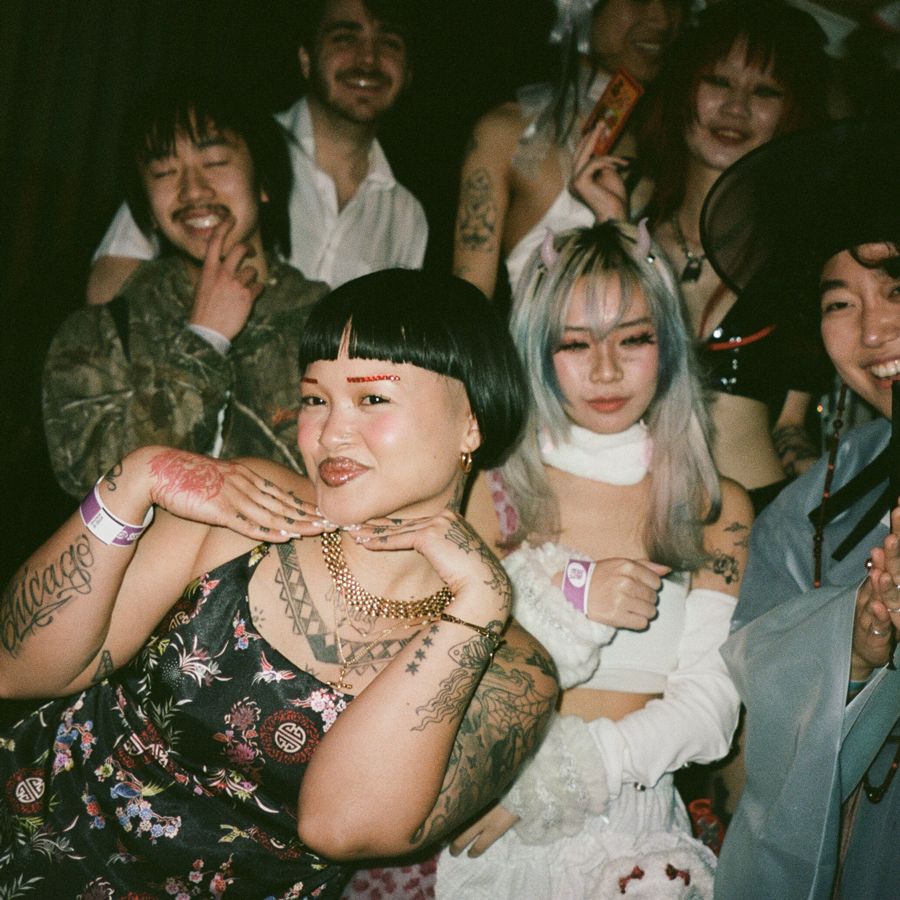
King Marie, is more than a multi-hyphenate creative, she’s also a community leader, using her experiences growing up as a Filipinx third culture kid in the States to open doors for people just like her.
Q: How have you carved out space for yourself and your community in the industry?
A: ‘This is What Asian Looks Like’ came first and initially, it was to show Asian women visually. It started out as an Asian women’s group photo – putting us all next to each other to prove that we all don’t look alike. The idea was to break more stereotypes and also shine a light on my friends who were artists. Then, after moving back to Chicago, I started FILLIPINX. It was about showcasing Flilipinx people, but also about finding others who felt the same as I did.
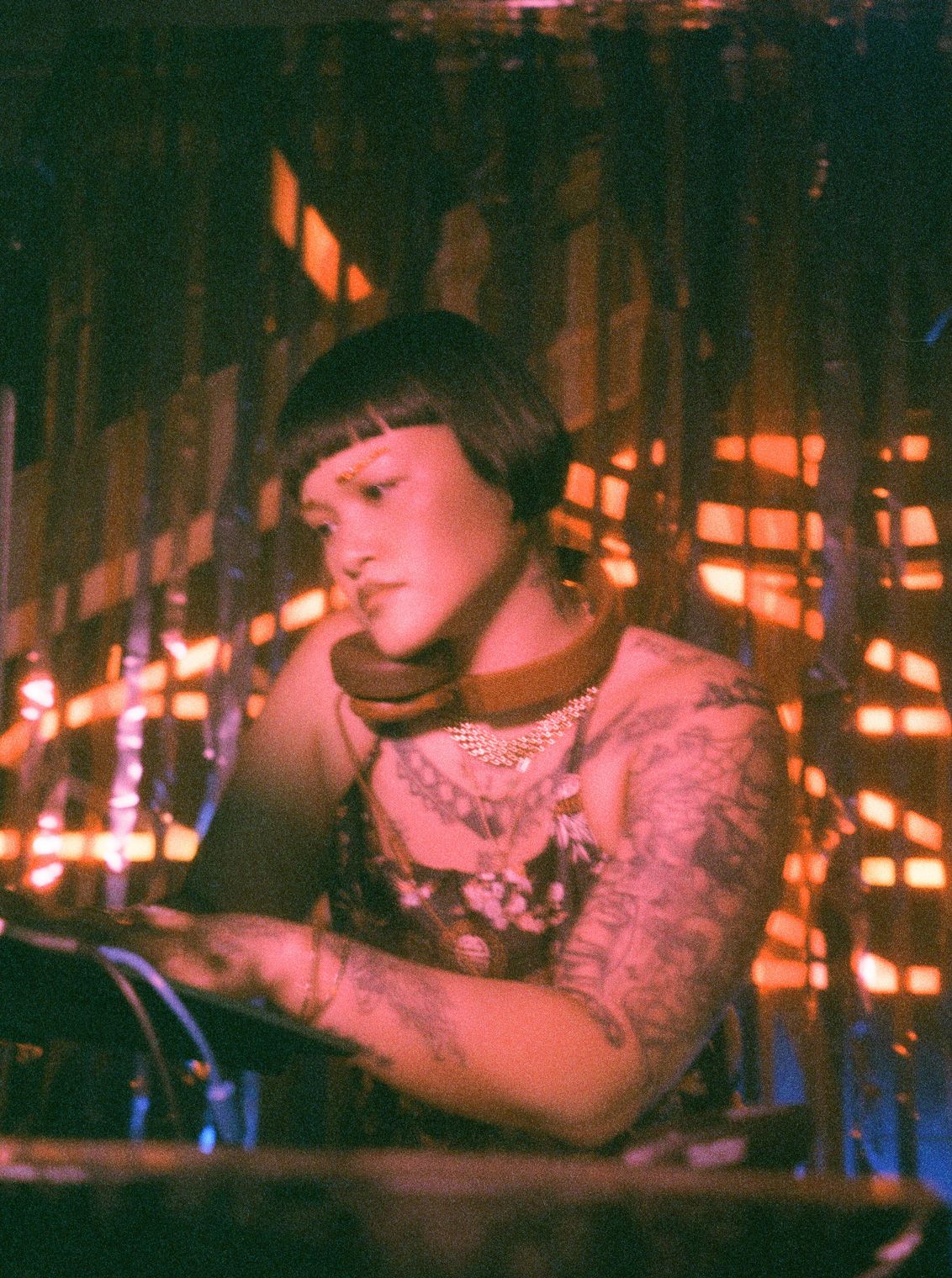
Each passion project helped me find another piece of myself and answers to questions I wouldn’t have found otherwise. Even just sharing struggles of having immigrant parents and what growing up looks like being an inner city kid and trying to just connect the dots. It’s been beautiful to come to this side of it now and see so many younger groups of Asian, Flilipinx kids throwing their own things because we didn’t have that, it just didn’t exist. I didn’t know what being Flilipinx meant to me, so I had to figure that out and I had to find all the other people that felt the same way.
“I didn’t see somebody who looked like me on a billboard. I didn’t see Asian families on a billboard, and that’s why I wanted my career to set an example.”
Q: Why does representation matter?
A: I didn’t see somebody who looked like me on a billboard. I didn’t see Asian families on a billboard, and that’s why I wanted my career to set an example. I was like if I ever get a platform this is what it’s going to be for. It’s gonna be to represent what I never grew up seeing, on TV, on commercials on all of these things that I didn’t know were possible.
King Marie’s journey is a profound narrative of breaking molds and forging new paths in the music industry. Through her talent and audacious commitment to diversity and empowerment, she not only challenges gender stereotypes but also actively creates a space where underrepresented voices can thrive. As a visionary artist and advocate, King Marie embodies the change she wants to see, inspiring a generation of third-culture kids and beyond to embrace their identity and potential wholeheartedly. In King Marie’s world, everyone has a seat at the table, and she’s turning up the volume so no one can ignore it.
Want to hear more stories from Women to the Front? Check out the feature article here.

